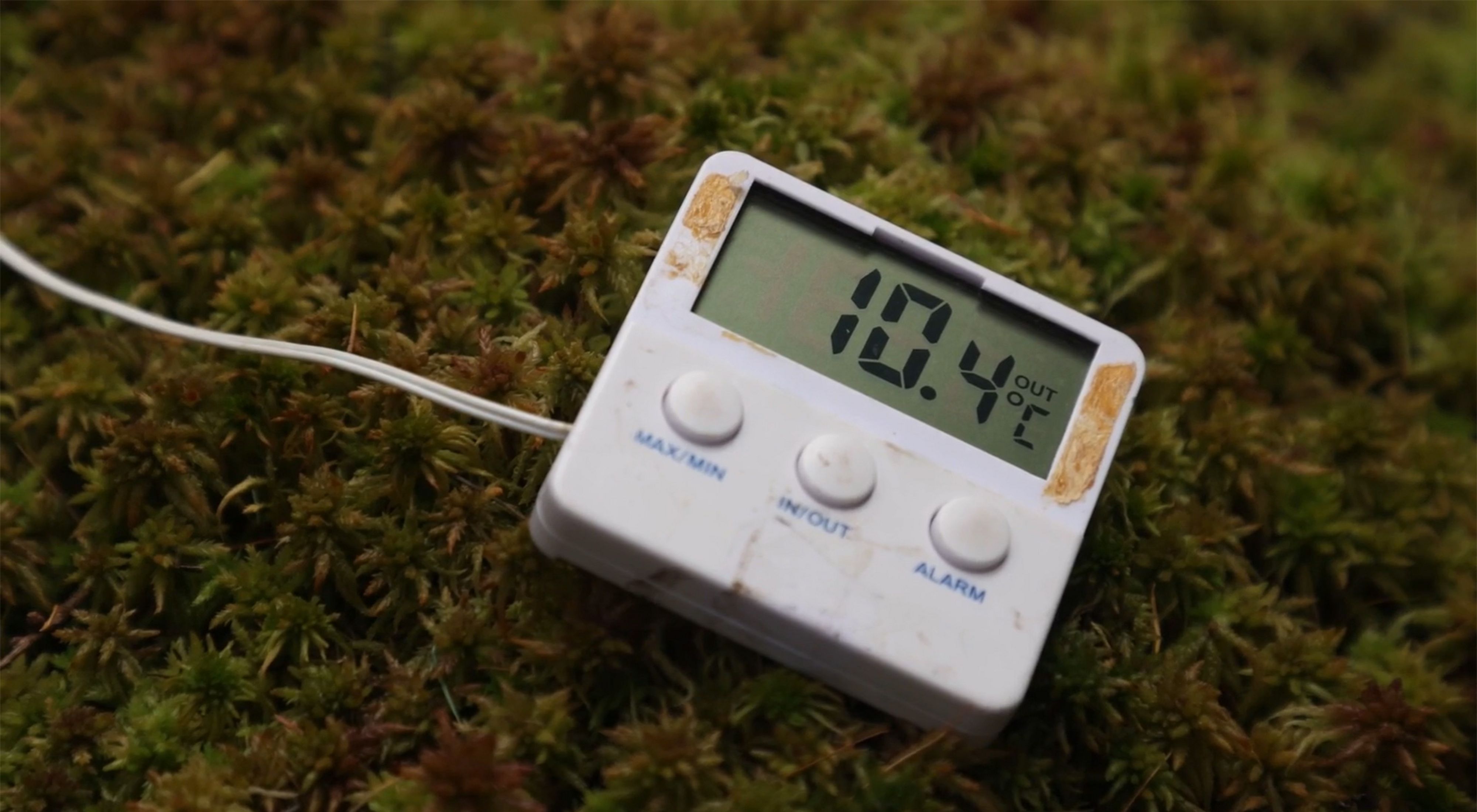Media Contacts
-
Maria Adityasari
Communication Specialist YKAN
Yayasan Konservasi Alam Nusantara
Email: maria.adityasari@ykan.or.id
The National Research and Innovation Agency (BRIN), together with Yayasan Konservasi Alam Nusantara (YKAN), held a webinar with the theme From Science to Policy: Tropical Peatlands as a Key Role in Mitigating Climate Change which was held from 15-17 May 2023. This webinar was held to welcome National Day World Biodiversity 2023, which falls on May 22; it is also part of the process of disseminating the results of studies conducted by BRIN and YKAN, as well as partners, regarding the potential of tropical peat in climate change mitigation efforts.
Peatlands are important ecosystems for biodiversity and an effective natural solution in climate change mitigation efforts. Indonesia, with a total peat area of 13.4 million hectares (Anda et al., 2021)—or the equivalent of 80 percent of the total peatlands in Southeast Asia, stores 14 percent of global peat carbon. Protecting and restoring peat plays a role in national climate targets and global climate change mitigation.
For three days, ten domestic and foreign experts presented the results of the latest studies on tropical peatland ecosystems in the global realm, Indonesia, and particularly in Kalimantan. In addition, there is also an explanation of the learning outcomes from fire management and tropical peat restoration, as well as recommendations for using the study results as a basis for climate change mitigation policies, both in Indonesia and other tropical countries.

Head of Research Center for Environment and Clean Technology of BRIN, Dr. Sasa Sofyan Munawar, S.Hut., M.P. representing the Head of the BRIN Biological and Environmental Research Organization in his opening statement, "We (BRIN) can recommend research results for a policy to help protect peatlands in Indonesia, which have a significant contribution in reducing greenhouse gas emissions and are home to high biodiversity."," he said.
Likewise, Prof. Dr. Haruni Krisnawati, Researcher at the Research Center for Ecology and Ethnobiology (PREE) at BRIN, explained that peatland is a unique and rare ecosystem. Although they cover only about 3-4% of the planet's land surface, they contain up to a third (30-40%) of the world's soil carbon, which is twice the amount of carbon found in the world's forests. Conserving these peatland ecosystems is critical to achieving global climate goals. Nevertheless, Prof. Haruni explained around 12% of peatlands have now been drained and degraded, contributing to 5% of global greenhouse gas emissions caused by humans. Prof. Haruni also presented research results used to support increasing the accuracy of calculating greenhouse gas emissions on peatlands.
Peat protection and restoration
In the last five years, the Indonesian government has made continuous efforts and is committed to suppressing the degradation and deforestation of peatlands. Repeated fires and drainage in protected peatland areas cause degraded peatlands.
As a form of joint commitment to suppress peatland degradation and deforestation, the Peat and Mangrove Restoration Agency (BRGM) implements the 3R strategy (rewetting, revegetation, and revitalization). Rewetting is the rewetting of peat areas by building canal blockings, constructing drilled wells, and other efforts encouraging wetting peatlands. At the same time, revegetation is replanting through nurseries, planting, and natural regeneration. Meanwhile, revitalization increases people's welfare through agriculture, fisheries, and ecotourism. "The 3R strategy is expected to reduce the number of forest and land fires in areas of Indonesia that have peatlands," said Agus Yasin, S.Hut,. M.Si, Head of Restoration Engineering Working Group
Dr. Nisa Novita, Senior Manager of Forest Carbon and Climate at YKAN, also emphasizes that rewetting peat areas can save costs in achieving the national carbon emission reduction target. "Efforts to rewet peatlands by building canal blocks in oil palm plantations at research sites in West Kalimantan can reduce CO2 emissions by a third and not affect methane emissions. On a national scale, peat wetting can contribute 34% to the national emission reduction target from the forest and other land uses (FOLU) sector.
Meanwhile, the Head of the Sub-Directorate for Management of the Directorate of Forest and Land Fire Control (PKHL), Dr. Israr Albar, the speaker on the second day, discussed the vulnerability of peatlands to fires. Reducing hotspots, as well as management of land and peat fires, are keys to reducing emissions from peat fires.
"The best effort to overcome karhutla is to increase prevention activities. Apart from effectively preventing forest and land fires, the costs for prevention efforts are also more affordable than handling or extinguishing them," pointed Israr.

Also, present as speakers on this occasion were researchers from within the country, namely the Head of the Center for Ecology and Ethnobiology Research (PREE) BRIN, Dr. Anang Setiawan Achmadi; Professor of Soil and Environmental Sciences, Tanjungpura University, Prof. Gusti Ansari; and Researcher at PREE BRIN Bondan Winarno. In addition, there are also researchers from abroad, namely Assistant Research Professor from Oregon State University Andres Schmidt; Assistant Professor from Stanford University Alison Hoyt; and from the Center for Environmental Sensing and Modeling, Singapore-MIT Alliance for Research and Technology, Dr. Alex Cobb.
All the speakers together emphasized the importance of collaboration between parties to protect Indonesia's peatlands.
Yayasan Konservasi Alam Nusantara (YKAN) is a scientific-based non-profit organization that has been present in Indonesia since 2014. With the mission of protecting lands and waters as life support systems, we provide innovative solutions to realize the harmony of nature and humans through effective natural resource management, prioritizing a non-confrontational approach, and building a network of partnerships with all stakeholders for a sustainable Indonesia. For more information, visit ykan.or.id.


